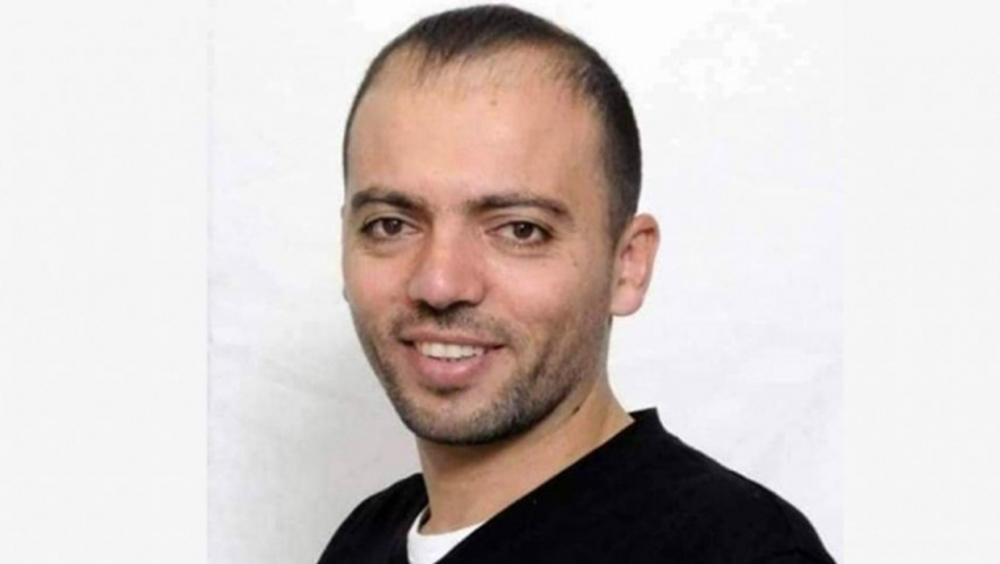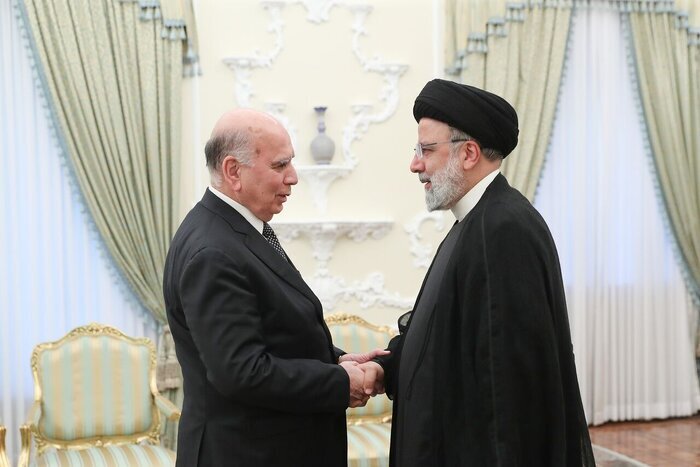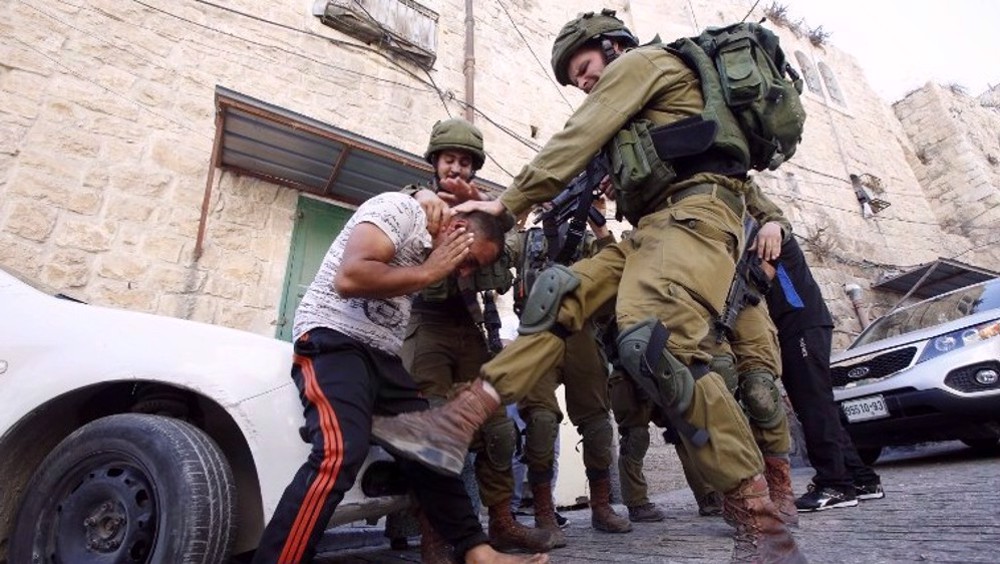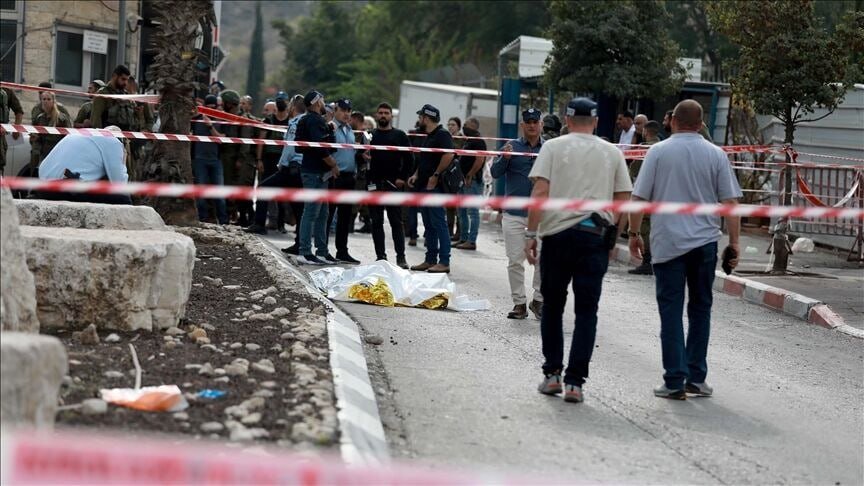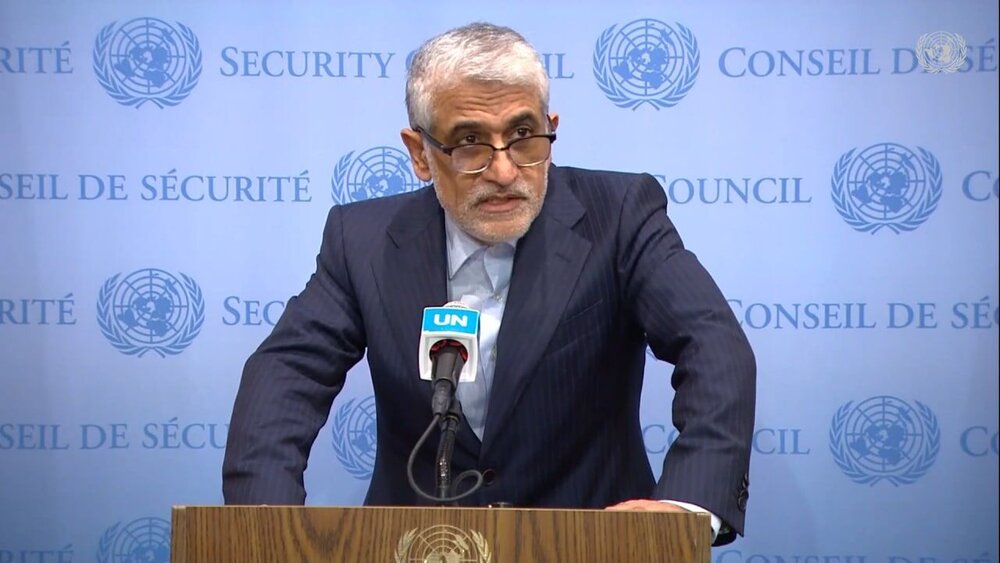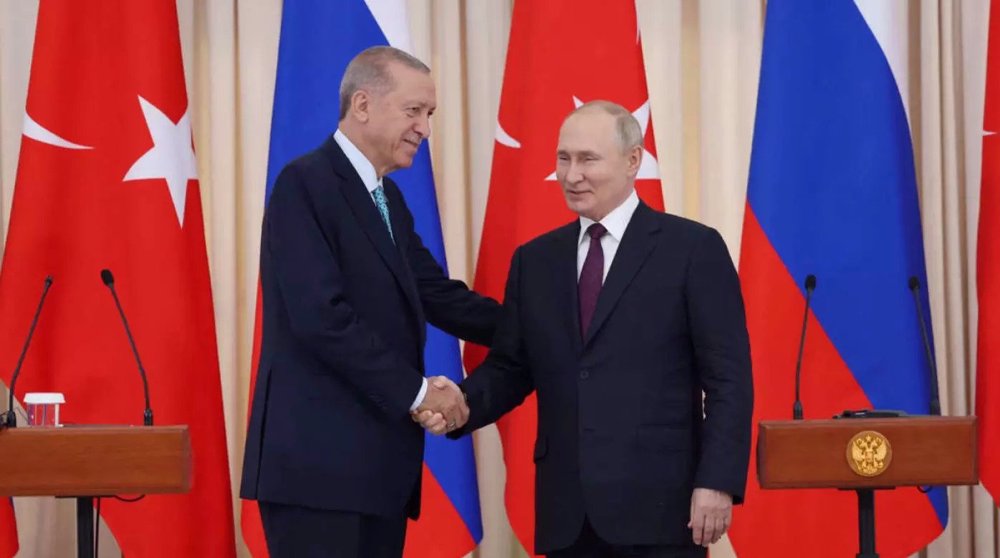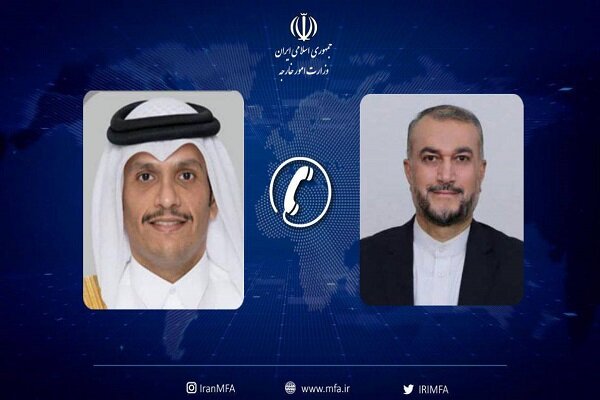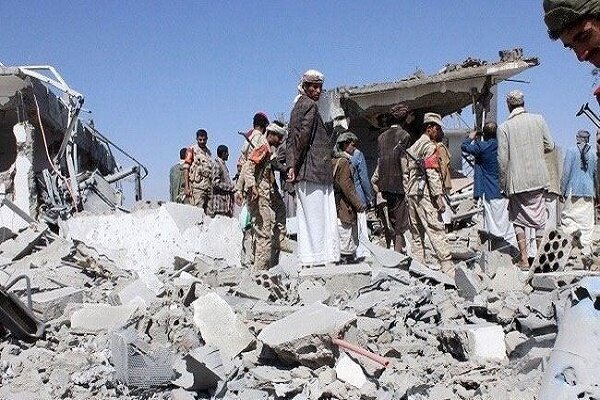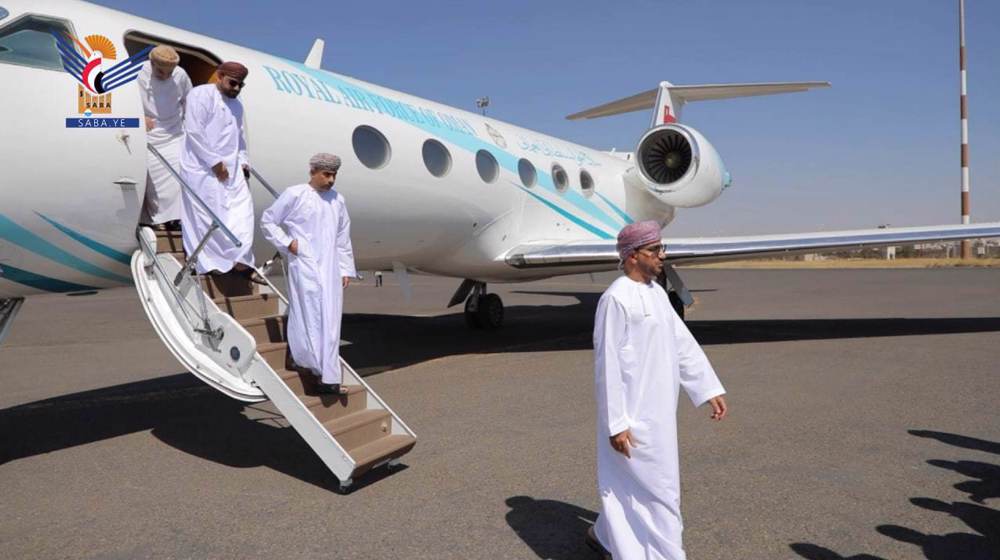Palestinian prisoner Khalil Awawdeh, who made headlines last year by going on a 172-day hunger strike in protest to his administrative detention, has finally been released from Israeli imprisonment.
The Palestinian Prisoner’s Society (PPS) says Awawdeh has been taken to a hospital in Ramallah for medical checkup upon his arrival to the West Bank via al-Jeep Israeli military checkpoint.
Awawdeh, a father of four daughters, was arrested by Israeli military forces from his home in the southern occupied West Bank town of Idhna, located 13 kilometers west of al-Khalil, in December 2021.
Israel accused Awawdeh of being an activist for the Islamic Jihad resistance movement.
After that, he was kept in prison under administrative detention, a mechanism that allows the regime to keep Palestinians in prison without charges or trial.
Last year, he went on hunger strike for 172 days in protest against his detention, which prompted Israeli prison officials to promise him his administrative detention would not be renewed and that he would be released soon.
Awawdeh was supposed to be released in October last year. But days before that date, he was charged with “smuggling” a mobile phone, which led to his jail time being extended.
There are reportedly more than 7,000 Palestinians held in Israeli jails. Human rights organizations say Israel violates all the rights and freedoms granted to prisoners by the Fourth Geneva Convention.
Palestinian prisoners are held for lengthy periods without being charged, tried, or convicted, which is in sheer violation of human rights. Advocacy groups describe Israel’s use of detention as a “bankrupt tactic” and have long called on Israel to end its use.
According to the Palestine Detainees Studies Center, about 60% of the Palestinian prisoners detained in Israeli jails suffer from chronic diseases, a number of whom died in detention or after being released due to the severity of their cases.

